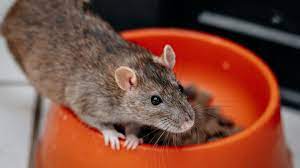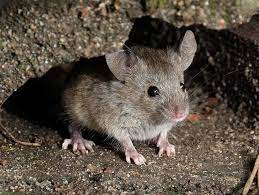In the hidden corners of human habitats, a ubiquitous creature known as the house mouse scurries, intriguing with its adaptable nature and curious behaviors. Join us on a journey to explore the captivating world of house mice, uncovering their distinct characteristics, habitat preferences, and the dynamic role they play in our shared environments.

The house mouse, scientifically referred to as Mus musculus, has established itself as a near-constant companion to humanity. Its small size, inquisitive habits, and adaptability make it a creature of both fascination and vexation.
Distinctive Traits
House mice are recognized by their small size, pointed snouts, and relatively large ears. Their short fur can vary in color, and their quick movements make them adept at navigating their surroundings.
Habitat and Distribution
These mice have successfully colonized a wide range of habitats across the globe, often coexisting with human populations. Their affinity for human settlements has led to their classification as commensal species.
Nocturnal Behavior
House mice are primarily nocturnal, using the cover of darkness to forage for food, explore their environment, and engage in social interactions.
Diet and Foraging Habits
As opportunistic omnivores, house mice feed on a variety of foods, including grains, seeds, and even small insects. Their foraging behaviors contribute to their success in diverse habitats.
Reproduction and Adaptability
House mice are known for their rapid reproductive rates, allowing them to quickly establish populations in suitable environments. Their adaptability to changing conditions contributes to their widespread distribution.
Health and Hygiene Considerations
While house mice can be pests in certain settings, they also play important ecological roles as prey for predators and scavengers. In human habitats, proper sanitation practices help manage their populations.
Future Prospects
Understanding the behavior and ecology of house mice is important for managing potential pest issues while appreciating their role in natural food chains.
Conclusion
The house mouse, with its unassuming presence and resilient nature, reminds us of the intricate connections between humans and the natural world. As we explore the world of these small yet impactful creatures, we gain a deeper understanding of the intricate balance within our shared environments.



















Add Comment